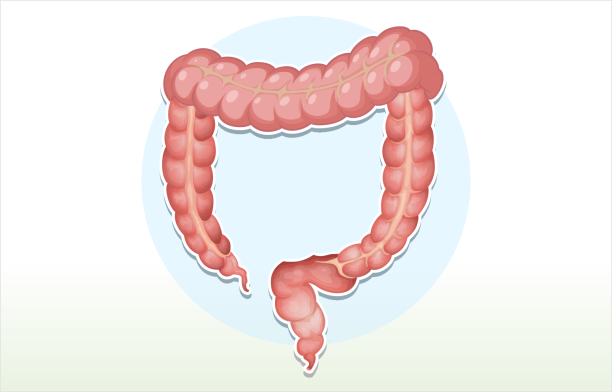diarrhea
Diarrhea is an excessive amount of fluid in the stool. It is a common problem and is usually not serious. Some of the most common causes are viruses, bacterial infections, food allergies, food poisoning, different medicines, artificial sweeteners and alcohol abuse. It is also associated with Crohn’s disease and ulcerative colitis.
FAQ
What causes diarrhea?
Diarrhea can be caused by various factors, including viral or bacterial infections, food poisoning, certain medications, dietary factors (such as excessive caffeine or artificial sweeteners), intestinal disorders (like irritable bowel syndrome), and stress.
What are the symptoms of diarrhea?
Symptoms of diarrhea include frequent, loose, or watery stools, abdominal cramps, bloating, nausea, and sometimes fever. In more severe cases, dehydration may occur, leading to additional symptoms like dizziness and reduced urine output.
When should I see a doctor for diarrhea?
It’s advisable to see a doctor if diarrhea persists for more than a couple of days, is accompanied by severe abdominal pain or high fever, or if there are signs of dehydration (such as excessive thirst, dark urine, or dizziness).
How is the cause of diarrhea diagnosed?
Diagnosing the cause of diarrhea may involve a medical history review, physical examination, and sometimes stool tests to identify infections or other abnormalities. In certain cases, additional tests like blood tests or imaging studies may be recommended.
How is diarrhea treated?
Treatment depends on the underlying cause. In many cases, diarrhea resolves on its own and can be managed with home remedies such as staying hydrated, avoiding certain foods, and getting plenty of rest. For infectious causes, medications may be prescribed.
Can diarrhea be prevented?
While not all cases of diarrhea can be prevented, adopting good hygiene practices (such as frequent handwashing), avoiding contaminated food and water, and being cautious with certain medications can help reduce the risk.
Is it okay to eat during an episode of diarrhea?
Yes, it’s important to eat a bland, easily digestible diet while experiencing diarrhea. This may include foods like bananas, rice, applesauce, and toast (BRAT diet). Staying hydrated is crucial, and oral rehydration solutions can be beneficial.
Can certain medications cause diarrhea?
Yes, some medications, such as antibiotics, certain antacids, and certain medications for blood pressure or heart conditions, can cause diarrhea as a side effect. If diarrhea occurs as a result of medication, it’s important to consult with a healthcare provider.
Can stress contribute to diarrhea?
Yes, stress and anxiety can contribute to gastrointestinal issues, including diarrhea. The connection between the brain and the gut is complex, and emotional factors can influence bowel function. Stress management techniques may help alleviate stress-related diarrhea.


